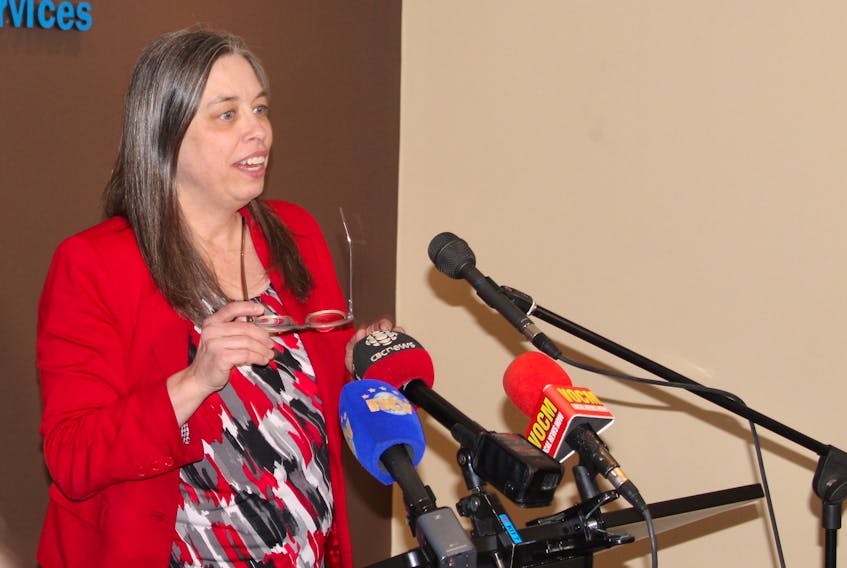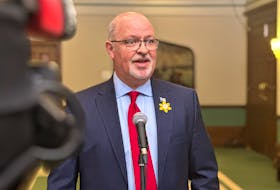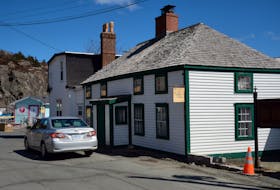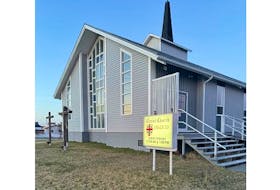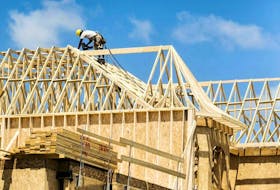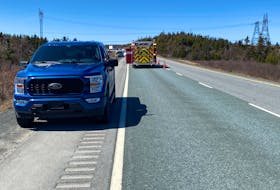A woman is the first person in Newfoundland and Labrador to test positive for COVID-19.
The province’s chief medical officer, Dr. Janice Fitzgerald, announced the finding Saturday in a delayed news briefing.
Fitzgerald said the woman had returned from a Caribbean cruise, but would not specify timelines. She would not give the woman’s age, but said her symptoms are mild and she’s doing well.
She is currently self-isolating.
The test has not yet been confirmed through the national laboratory in Winnipeg, The turnaround for such results is about three days.
Officials are in the process of tracing those who have been in contact with her.
“We knew our province would eventually get cases and there are plans in place to respond,” said Fitzgerald.
As of Saturday, there were 121 people across the province in voluntary self-isolation as a precautionary measure.
Health care workers have tested 144 people in total, Of those, 67 have been confirmed negative by the national laboratory,
Fitzgerald echoed Canada’s top health official, Dr. Theresa Tam, and advised people to avoid non-essential travel outside the country. Those flying domestically should be aware of specific policies in the province’s they are visiting.
Information is available on regional health websites as well as on Canada.ca.
Everyone who travels outside the country is expected to self-isolate for 14 days upon his or her return.
Any traveller who experiences symptoms such as fever, coughing and trouble breathing should call 811 for further guidance.
Self-isolation means staying home from work or school, limiting contact with other people in the house, and covering the mouth and nose when coughing.
Those Canadians already abroad have been advised to come home as soon as possible to avoid any obstacles that may arise where they are due to a constantly changing situation.
Fitzgerald admitted the availability of test swabs has been an issue across the country. She said the province is being judicious about their use while authorities explore the possibility of using different kits.
She says hospitals have been on alert since the onset of the COVID-19 globally, but would not specify what plans are in place.
“We have an opportunity to get ahead of this,” she said. “We all have a role to play to protect ourselves and the most vulnerable people in our province, and to reduce the spread of COVID-19.”
She said people should take the virus seriously, but emphasized the risk is still low for now.
She also said there’s no reason to make self-isolation mandatory as everyone so far has been compliant with the advice given them.
However a later government release announcing compensation for those who have to stay off work, the province said those returning from abroad “must” self-isolate. There’s no word on whether enforcement measures are in place.
Fitzgerald said there are no immediate plans to close schools.
Peter Jackson is a Local Journalism Initiative reporter covering health care for The Telegram.

